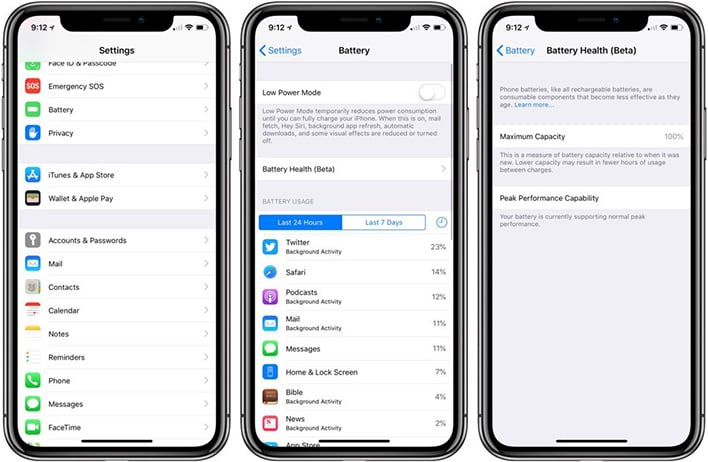Crabby Apple Prepares To Pay Throttled iPhone Users In $500M Batterygate Settlement
The wheels of justice turn slowly, and this case reaches all the way back to 2015. That's when Apple began making surreptitious changes to iOS that slowed down some iPhones. All lithium-ion batteries degrade over time as they are charged and discharged. As the capacity drops, so does the available voltage. When that value drops below a certain point, it might no longer supply the processor with enough power in all circumstances. That can cause phones to become unstable. Apple's solution was to just lower the processor's performance. But did it alert users? Nah, Apple doesn't do that.
The only fix at the time was to buy a new phone or pay for a battery replacement, which involved disassembling the phone as Apple never supported removable batteries. An official battery swap for the affected phones cost almost $100 when all was said and done.

The class action was filed in 2018, alleging "one of the largest consumer frauds in history." Apple did not admit wrongdoing (no surprise), but it made changes to iOS that show battery health and allow people to disable performance tuning. It also agreed to pay up to $500 million in restitution. The deadline for filing a claim in the case was way back in October 2020, but the payments haven't gone out yet because some iPhone owners were dissatisfied with the resolution.
Now, the last two individual claimants have lost their cases, opening the door to pay out damages. The phones affected by the case include the iPhone 6, 6 Plus, 6s, 6s Plus, first-gen SE, iPhone 7, and 7 Plus. Newer phones launched with the revamped battery health options, and older phones were never subject to downclocking. If you owned an iPhone and submitted a claim, a check might arrive in the coming months, but it's not going to be enough to buy a new phone. With 3 million claims received, the lawyers managing the case estimate each iPhone owner can expect about $65.


